 Your new post is loading...
 Your new post is loading...
“Storytelling.” It’s the flavor of the day, whether you’re talking about content marketing, visual communications or public relations, and for good reason. Stories are how humans communicate – with each other individually, across populations and over centuries.
In fact, many organizations are pretty good at identifying and defining their key story lines. The key to success in brand storytelling is in the next step – the strategic deployment of the story. Telling the brand story effectively requires a plan.
And to be clear, we’re not talking about hanging a touchy-feely post up on the blog and then calling it a day. No. Brand storytelling, in this context, means developing a sustained plan to create and execute a strategic approach to telling the brand story, in a way that supports company’s objectives. Personally, I don’t give a hoot about impressions. Let’s gun for something a bit more meaningful....
...What if you could forge a stronger, more emotional tie with that customer? That’s where brand affinity comes in. When you achieve brand affinity, it means your customer has made an emotional connection with your brand. Think of Apple, for example. People wait in line hours for iPhones. Many Apple fans won’t buy any tech gadgets except Apple products. And they’re vocal about them, too. In this instance, consumers aren’t just passionate about a certain product — they’re aspiring to a lifestyle that they think a particular brand represents.
Another example? Alaska Airlines, which consistently rates highly with people who haven’t flown with them because of endorsements of those who do. Or FedEx, which used social media to tell the story of how they helped to transport turtle eggs after the BP oil spill in the Gulf of Mexico, something that forged a strong emotional connection between FedEx and consumers.
Building Brand Affinity Building brand affinity with your consumers is certainly possible, but it’s important to realize that achieving it takes some strategy and planning and it’s not something that can be forced or manufactured....
The changing way in which customers review products can be great for business ... or terrible.
You ask a friend where she got her new Macbook Air and she gushes about the selection and service at her local electronics store so much that you decide to check it out next time you're in her neighborhood. Your boss can't decide where to go out to dinner, so you pull up Yelp on your phone and find a nearby restaurant with the highest ratings. Whether you're aware of it or not, both you and the businesses you patronize benefit from brand advocacy.
Brand advocacy is the latest reincarnation of a concept that most of us are quite familiar with: word–of–mouth advertising, individual recommendations, vouching and the like. It relies on advocates promoting brands via personal marketing, which can be as simple as telling a friend verbally or posting on Facebook.
This method is incredibly effective because of a simple – and very, very human – concept: trust. We trust our friends, the Yelp community, particular bloggers or Twitter personalities who share their preferences and influence our decisions accordingly. From the consumer’s perspective, personal testimony is vastly more relatable than pure numbers, and we value reviews over ratings. How often have you looked at a Yelp or Amazon entry without reading the reviews?...
"Brand" will always be a nebulous term. Arguments rage about its true value, especially on social media...
Although recent research shows that it can be responsible for nearly 15% of your total worth (Or much, much more, if you’re J.K.Rowling), it’s still seen by many as the ultimate wooly metric. There’s no doubt that being a household name will improve your chances of success in social, but just how far will it take you?
I’ve taken a look at the world’s top ten brands, and matched up their profiles across the biggest social media platforms.Let’s see what’s in a name...
The best overall brands in health and beauty, and food and beverage categories are Crest, Gillette, and Dove; and Kellogg, Heinz, and Kraft, respectively, according to a pair of new Forrester rankings based on online surveys this year of 4,500 adults. The Boston-based market research firm argues that brand health comes from the extent to which it is trusted, remarkable, unmistakable, and essential. If you turn that into an acronym, you get Forrester's TRUE formula for brand equity....
Really successful online marketers are companies with a powerful, consistent brand personality. Why? Well...In the last year or so, I’ve noticed a brilliant shift in the world of online marketing. As you know, many of the companies that are growing at a fast clip are using content marketing. They’re communicating with their customers. They’re giving away information for free. But even more than that, the really successful online marketers are companies with powerful, consistent brand personalities. They know who they are and what they stand for. And it comes across in every blog post, newsletter, webpage, and communication....Here's how...
|
...Q: In your new book, Absolute Value: What Really Influences Customers in the Age of (Nearly) Perfect Information (HarperBusiness), you and co-author Emanuel Rosen say marketing needs a total overhaul. Can you explain?
A: For the first time in history, people can assess the absolute value of things they buy. User reviews, price comparison apps and other digital tools mean we can buy things based on almost perfect information, instead of irrational perception. So marketers need to understand what influences this shift in decision making...
Every modern brand follows this same philosophy. But, there’s an underlying contradiction to this logic: Consumers expect brands to lead. At the same time, brands are waiting for consumers to lead. It’s like a Mexican standoff where no one wants to make the first move.
Played out over decades, we are seeing the results of this circular logic: brands jumping on every fad, new product introductions that don’t match last year’s promises, big budget rebrands that quietly revert back to the original and the constant turnover of marketing leadership (which always seems to cite the same issue: lack of vision). The power and institution of brand is eroding, and consumers are the culprits...
Chipotle was the latest brand to engage in a “fake Twitter hack” marketing stunt, following in the footsteps of MTV and BET a few months ago. The intention behind these stunts is to clearly boost fans and followers for their brands, but, unfortunately, exposes a major flaw in how brand see their customers and how their perception of social is flawed. Furthermore, these types of theatrics deter from the game-change possibilities of how brands and customers can build mutually beneficial and long lasting relationships through these platforms...
The Starbucks Coffee marketing research department is kept busy providing oodles and oodles of insights into the Starbucks brand through yearly brand audits. And take it from this former long-time Starbucks marketer: The company learns a lot from these studies.
However, when it comes to measuring and managing the Starbucks brand on a daily basis, the Starbucks marketing department generally relies on a much simpler method—a brand checkbook.
Just as your personal checkbook has credits and debits, a brand checkbook has credits and debits in the form of brand credits and brand debits. "Brand credits" are business activities that enhance the reputation and perception people have of a brand, and "brand debits" are those that detract from the reputation and perception of the brand....
... So, brands need to move away from grouping people by demographics, and instead group them by communities. And communities are formed around behaviour, rather than round geographical locations, or ages, or racial classifications. Value for a brand should not be measured by how big their communities are, but instead on how the brand responds to these behaviours....
|




 Your new post is loading...
Your new post is loading...
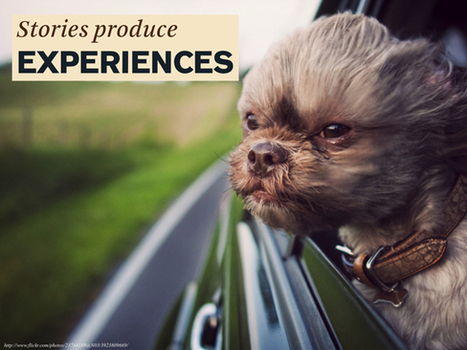

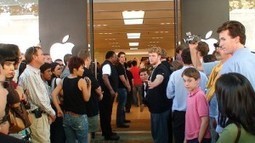

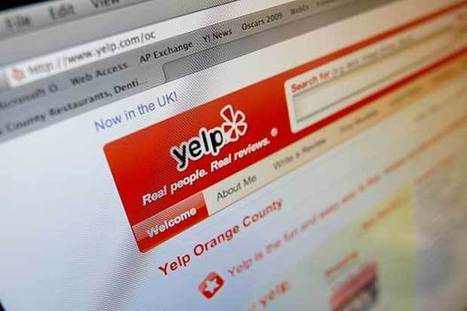
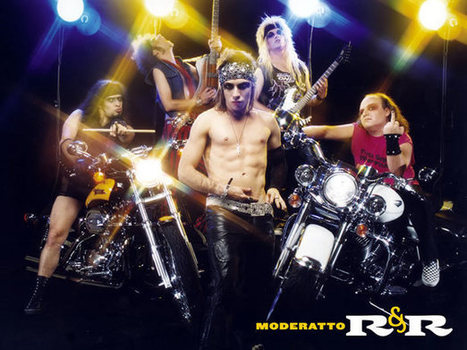





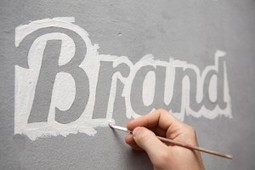


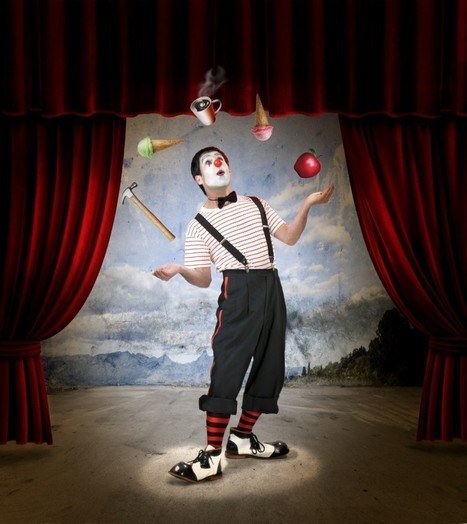
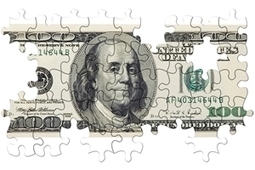






nice
Storytelling is definitely the flavour of the day, not just for content marketers, but also for educators and learners alike! Stories are about making emotive connections, they are about being human and not cyborgs! Making connections is also about being able to "communicate with each other," as the article states, and it is about appreciating another's point of view!